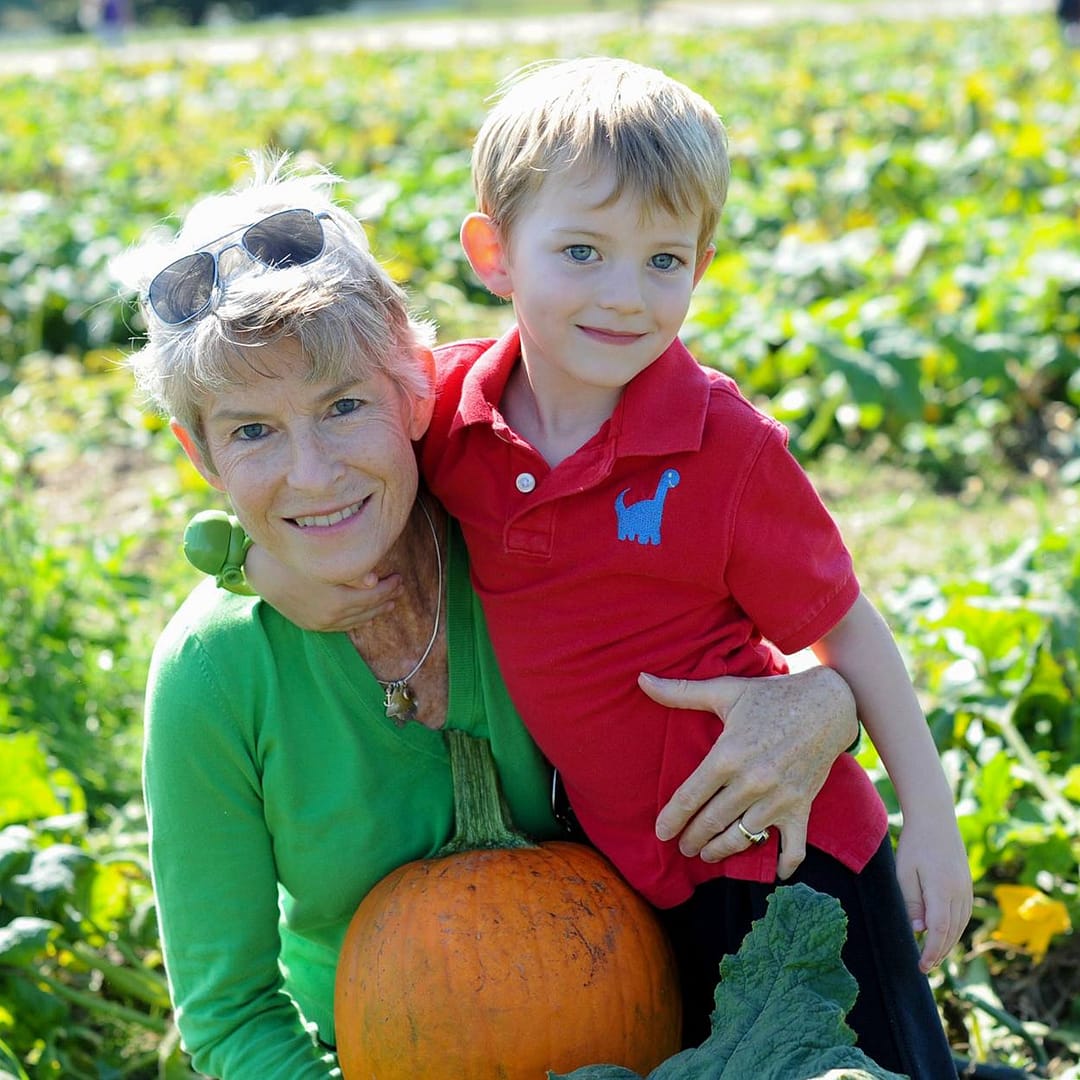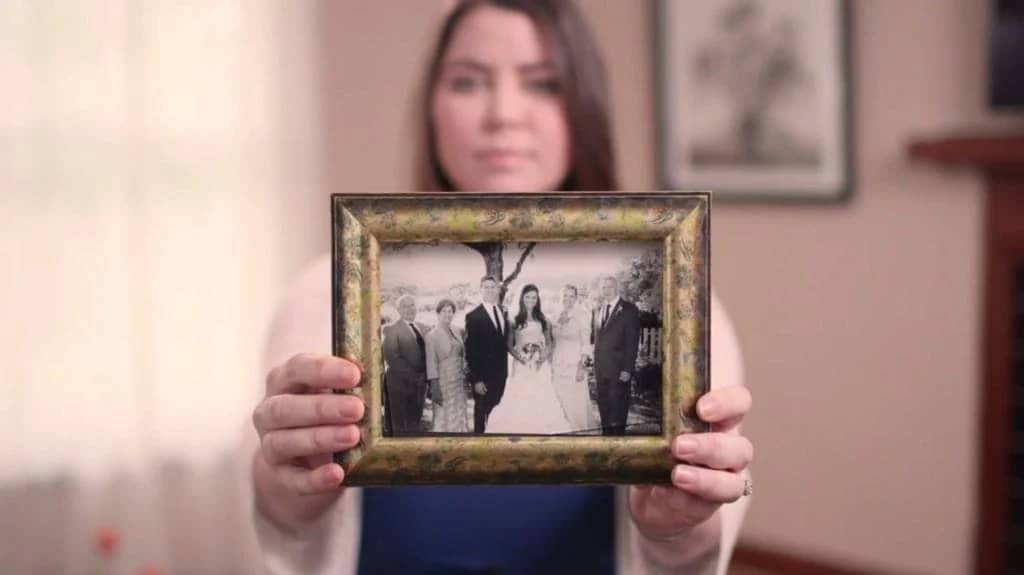
Jane shared her story in August of 2023.
I seem to be attracted to subjects no one really wants to talk about. I recently retired at 75 from my work as director of development for an organization that supports people in recovery from substance use disorder. I always said, “Once I’m done with this work, I’m going to work on end-of-life planning and choices” — another issue no one wants to pay attention to. It’s right up my alley.
Talking about death and dying forces me to do what I’m telling other people to do: think about my journey to death. And it’s hard to think about dying. But the older I get, the more I think, “How much longer do I have, and what am I going to do with that time?”
It helps that I’ve seen models for both what I want the end of my life to look like and what I definitely don’t want it to look like.
After my father developed dementia in his 80s, my mother was determined to do anything and everything to keep him alive. He had been a very careful planner, a successful businessman who did a lot of estate giving, and had his affairs in order when he died. But he made a mistake in giving my mother his healthcare power of attorney.
When my father was hospitalized with pneumonia, my mother had the opportunity to give him a peaceful death per his advance directive, which specified that he did not want extraordinary interventions. But when the doctor told my mother that he was going to intubate my father and put him into a medical coma to save his life, she agreed.
After 11 days of ventilation, my father survived but was greatly impaired. The next six years were not good for him. Although he was in his late 80s with progressive multi-infarct dementia, my mother would take him to the dermatologist to have small sun spots removed from his face. If he got a low-grade fever, she would rush him to the ER. My father would get frantic, pulling out the IV lines, screaming in fear and pain, blood running down his arm. It was torture for him.
Finally, after one of these ordeals the doctor told my mother not to bring my father back to the hospital because there was nothing they could do for him and that he needed to be in hospice care. That was arranged, and my father lived for another 21 months on hospice. Every time I visited, he would shake his finger at me and make angry noises like he wanted me to help him out of this situation. He eventually choked to death, aspirating on the food he was spoon fed.
My father’s extended illness — especially in light of the peaceful death he could have had six years earlier — is exactly what I don’t want for myself.
Ironically, I did get to witness a peaceful death after my father’s father, my “Poppy,” suffered a cerebral hemorrhage at 85. I came to sit with my grandmother in the hospital room where Poppy was lying unconscious on the bed. The doctor was discussing what the options were going forward, but he made it clear that Poppy had severe brain damage. My grandmother was weeping. Looking at her husband, she said through sobs, “He would not want to live without his brain.” My grandfather died within a day or two, peacefully.
I was so touched by my grandmother’s love and courage to do what my grandfather would have wanted. Like him, if I suffer a major stroke or am seriously injured in an accident, I want to die without medical intervention. I just want to be kept comfortable. I’m working on getting a DNR order, and I’ve also discussed with my daughter my interest in voluntarily stopping eating and drinking (VSED) if I receive a dementia diagnosis. My daughter is my healthcare power of attorney, and she and I have talked many times about what it is I want. She understands, and like me, she’s realistic about death. I trust her to honor my priorities.
I often think about the long traditions within many families of people dying at home and of the many benefits of hospice and palliative care. There’s a pervasive idea today that if you don’t try every medical intervention for your dying loved one, you’re a bad person. I just don’t believe that’s true.
Right now I focus on keeping myself as fit as possible so I can enjoy my loved ones, my home and my garden. I’m cleaning out my house, getting my things in order to make things as easy as possible for my daughter when my time comes. I’m working on completing Compassion & Choices resources like the End-of-Life Decisions Guide and Toolkit, attending webinars, and sharing all of this with my daughter and doctor.
If I fall over and die in my garden, that would fit my personality. Or if my daughter was holding my hand as I passed, that would be ideal. Regardless, I just want to live and die my way.

Nothing advances our common cause of improving end-of-life care like real stories. Inspire others and drive change by sharing your story today.
Mail contributions directly to:
Compassion & Choices Gift Processing Center
PO Box 485
Etna, NH 03750